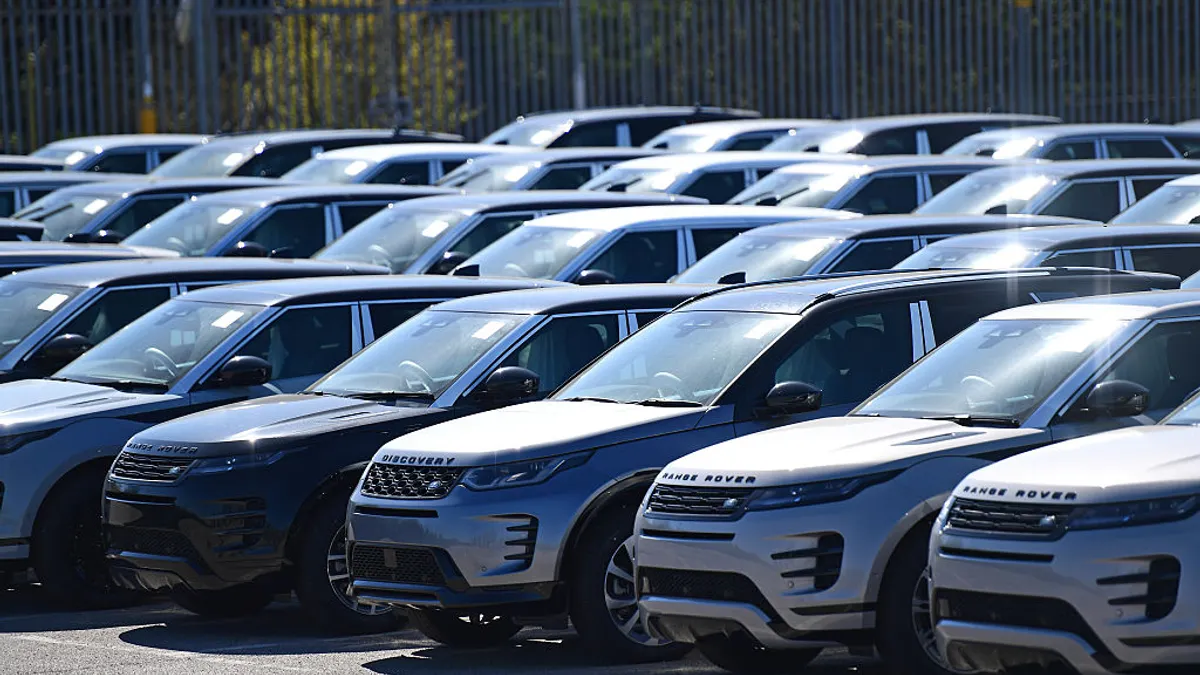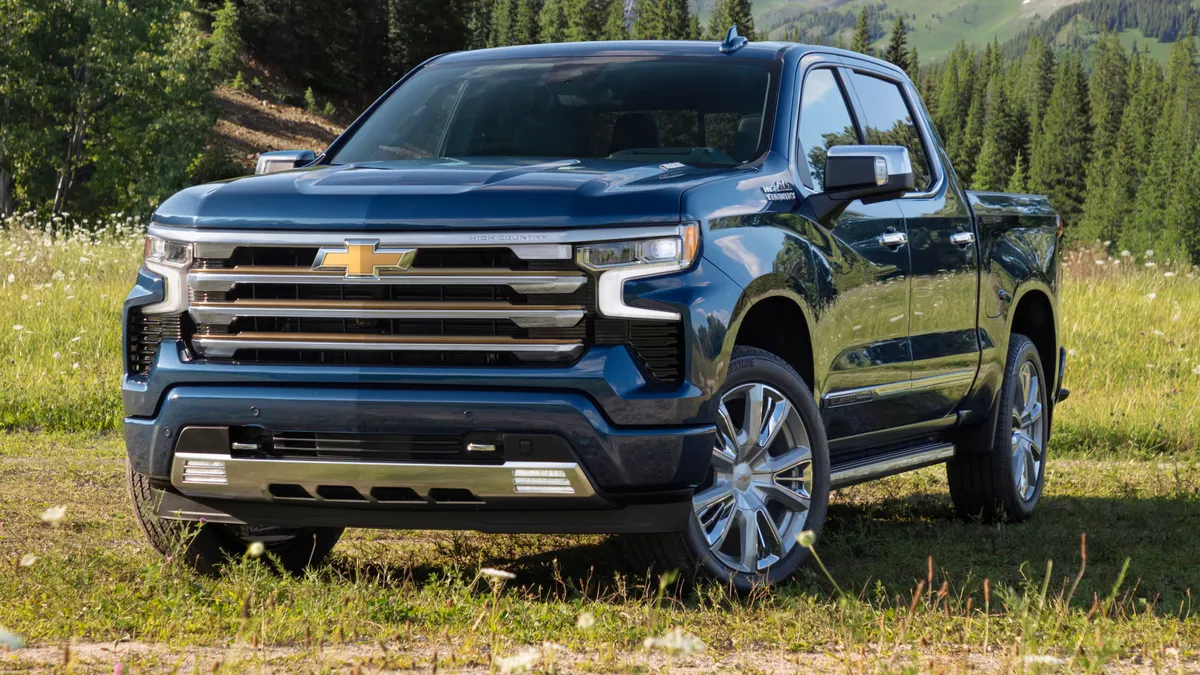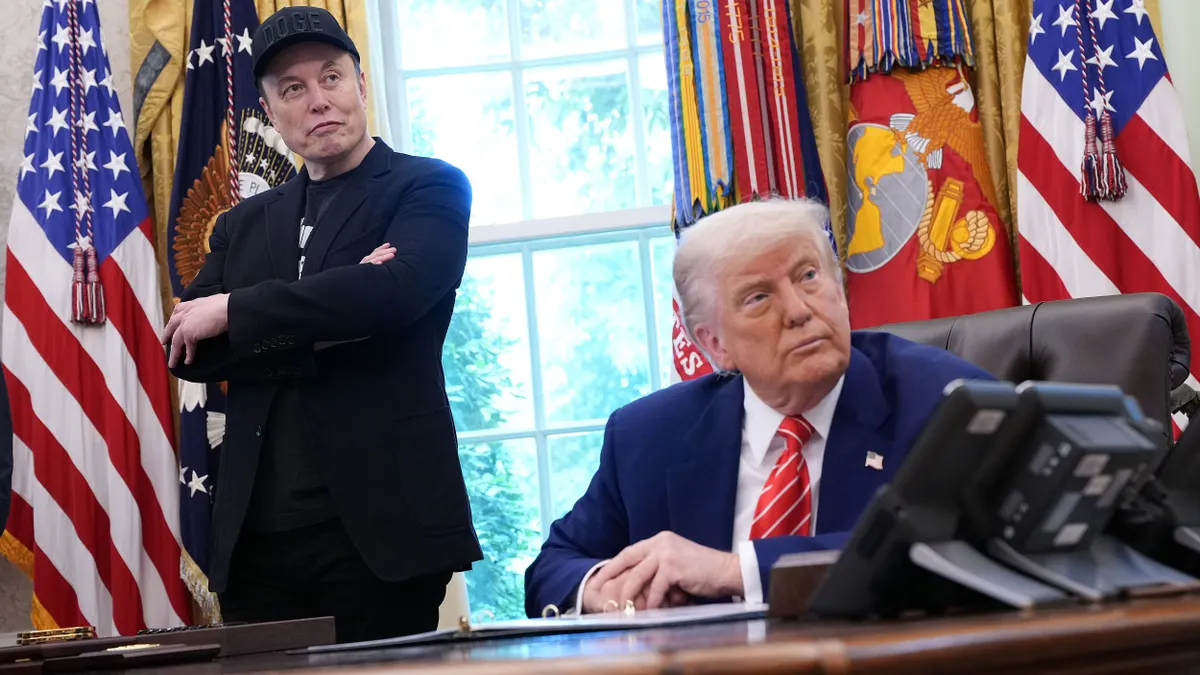Editor's note: This story is part of the WardsAuto digital archive, which may include content that was first published in print, or in different web layouts.
CARACAS, Venezuela – As Nicolas Maduro takes the helm as interim president of Venezuela, following the death of his strongman predecessor Hugo Chávez, auto dealers and manufacturers are asking whether the government will continue with policies that have produced vehicle shortages and raised prices to exorbitant levels.
Currency controls and the complex business climate of the Chávez era flipped the country's auto industry on its head. Used cars easily fetch twice their original list price, and new cars appreciate as they are driven off the lot.
Jonathan Montilla, a publicist in Caracas, says that despite having more than 125,000 miles (200,000 km) on the clock and a few blemishes on the clearcoat, he treats his recently acquired ’97 Jeep Grand Cherokee as if it were an American classic.
Save for the occasional joyride – Montilla rarely takes it on the road – he prefers to keep it tucked away in a guarded parking garage. "It's an investment," he says, estimating that in the past three months alone the value of his car has appreciated about 40%.
A used ’12 Ford Explorer on a popular used-car website here has an asking price equivalent to$34,000, twice its blue-list value. Similarly, a 5-year-old Ford Fiesta easily matches the price of one fresh from the factory.
"It's a sign of shortage," says Garel Rhys, the former Chair in Motor Industry Economics at Cardiff University Business School in Wales. "When the used-car price goes over the new-car price that is always a sign there is huge excess demand."
Indeed, vehicle sales in this South American country have fallen as a result of the scarcity of new cars, from 499,899 units in 2007 to 130,553 in 2012, data from the Venezuelan Automobile Chamber (CAVENEZ) shows.
This has allowed dealers to inflate vehicles prices, even used ones, a phenomenon that Venezuela lawmakers say needs to stop, accusing the sector of speculation. Supporters of the Chávez administration's socialist, or anti-capitalist policies, have proposed legislation to fight what they regard as price-gouging in the auto sector.
"In the business of buying and selling cars, there are many mafias which must be eliminated," says Elvis Amoroso, a National Assembly deputy who introduced a bill in January that would regulate auto sales by fixing prices at 2009 levels and make it illegal to sell a used car for more than the price of a new one.
"There are irregular practices both in the factories and at the dealership, and in the end they hurt the consumer, who must pay outlandish prices," he adds.
While the bill awaits passage, industry leaders continue to blame flaws in the market on the current administration's auto policies, which since 2007 have favored domestic production and impeded imports by restricting the licenses issued for sales of foreign brands.
Omar Bautista, president of the Venezuelan auto parts fabricators chamber, says domestic auto makers also are struggling to satisfy consumer demand because of strict monetary controls.
"The production of vehicles has fallen in Venezuela fundamentally due to lack of foreign currency needed for the purchase of imported materials to produce auto parts and assemble cars," he says.
General Motors’ subsidiary in Venezuela surprised the industry when it abruptly announced it was shutting down operations in the country in 2009. The auto maker has had a presence in the country since 1944 and has claimed the market lead since 1980.
GM Venezuela President Ronaldo Znidarsis told the Latin America Herald Tribune at the time the problem was the auto maker’s inability to obtain access to hard currency needed to pay for supplies brought in from abroad. Once the auto maker was able to secure foreign exchange, the plants reopened.
According to CAVENEZ, domestic production dwindled from 172,418 units in 2007 to 104,083 in 2012, cutting against a government proclamation that it wanted Venezuelan vehicle output to rise.
Economists and industry insiders do not believe Amoroso's bill will do much, if anything, to improve the supply of cars or curb nefarious business practices.
“There's no incentive for anything to change," agrees José Luis Saboin, a senior economist at the Caracas-based Econanalitica think tank.
As long as the current economic model involving a falling supply and an unfriendly investment environment persists in Venezuela, high car prices will continue as buyer demand remains constant and sellers are keen to make more money, he says.
History also suggests the bill will not succeed, as similar attempts to regulate the used-car market have failed, Rhys says, noting there have been similar trends in Russia. “Even in the Soviet Union, the price of Ladas going second-, third- and fourth-hand was not the price the government wanted to be paid."
But should Venezuela’s policies toward the sale of cars become more liberal, perhaps under Maduro, or if he loses the upcoming election to the opposition, “it would be very attractive" to car manufacturers and importers, Rhys says, and normal market conditions where cars depreciate with age should return.



















